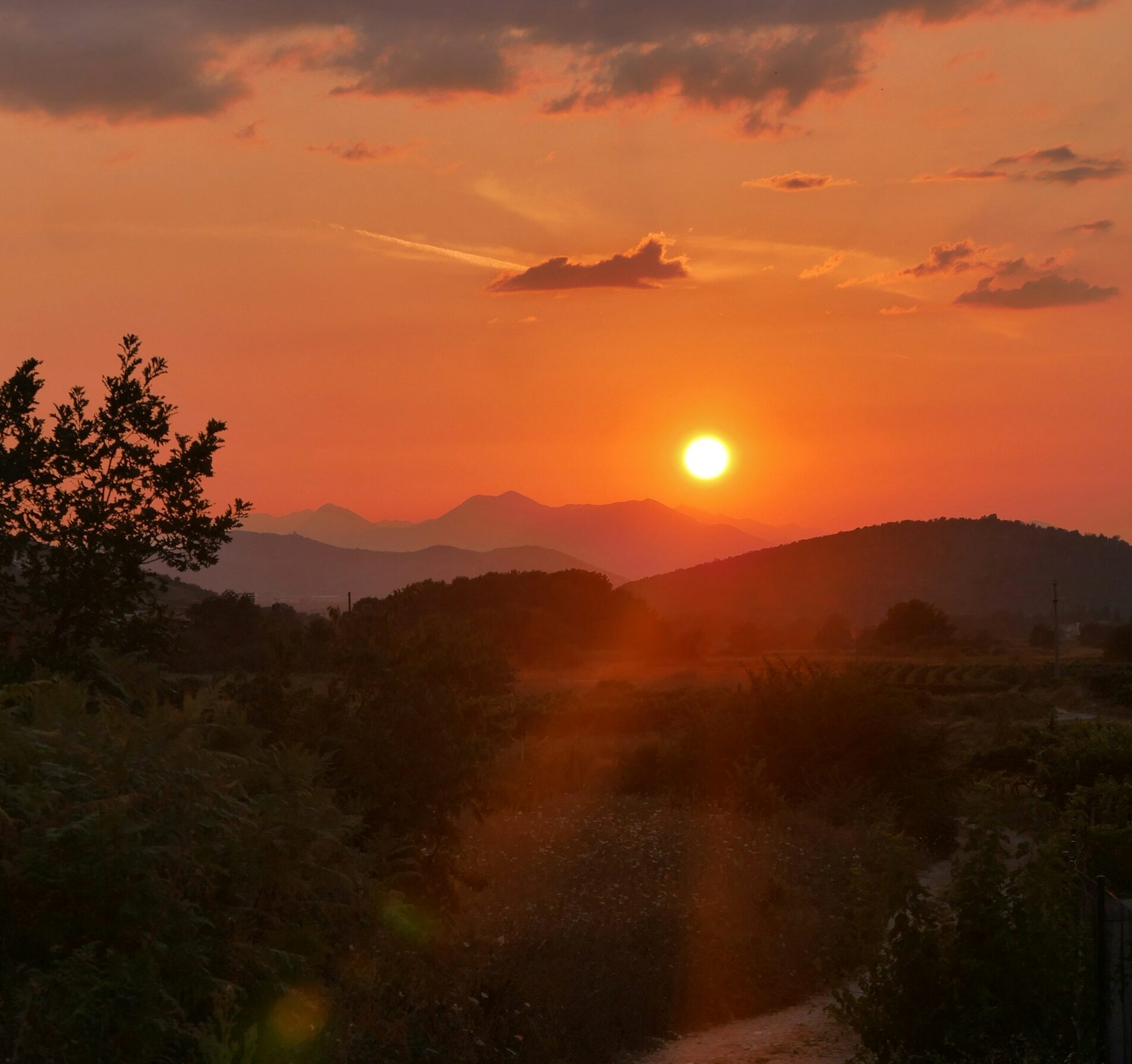As they were walking through the woods, autumnal deciduous with only tattered leaves remaining, fog sailing through them as though they were ship’s masts, his daughter asked him about fentanyl. It was like that somehow, life, which still surprised him. He never would have expected that his daughter, who had once been curled in just his forearm, would take the occasion of an afternoon walk to ask him about fentanyl. He started to tell her what he knew about the drug, thinking about a friend who knew several people who had died of overdoses. He thought too about a podcast he’d listened to recently, which laid the blame squarely at the feet of a particularly nefarious family and the cuts to public funding. His daughter was thirteen, he wasn’t sure how much of the nuances she’d understand and how much she really wanted him to say. His son was there too, he was trying to ask a question about football. The father preferred to talk about nature, about ideas, but neither of his kids were old enough for that now, so he found himself talking about overdoses.
Finally, his daughter asked him if he’d taken illegal drugs, and he wondered what he should say. His mind raced. He was certain, if he paused for a moment, he could Google this very question and find a parenting blog for this type of issue, certainly it was something that had come up before, but he also remembered that his meditation app prescribed radical honesty, which would mean telling his daughter the truth, that he had briefly taken drugs on a trip with friends, something small, inconsequential, weed on the porch with friends, looking out over the city, reflecting with his friends on the lives they’d lived as teenagers, when he hadn’t been smoking weed, just playing video games and bullshitting. The sky was orange, and there was a ring of purple mountains beyond the city’s skyline.
But also, he knew he could probably also find a parenting blog that gave the exact opposite answer for precisely this situation, a blog that confirmed children don’t need radical honesty from their parents, a blog that suggested what kids needed was something gentle, assurance that the world, which was plenty hard enough, would be easier on them. A blog that would say the honesty had more to do with his selfishness or inability to deal with discomfort, that his disclosure was the sort of thing that said more about him than anything else, that left the children confused about right and wrong at precisely the moment, teenage brain just beginning to form with all that entailed, with a clear picture of the world and what to do.
They were walking downhill in the leaf molder. In the brush, house finches and perhaps other birds were rummaging, flying onto old stumps and peering back at them. All of this was happening in a flash as he considered whether to tell his daughter about the ring of purple mountains, the smoke pouring out of his lungs, his answer seemingly dictating a future for her, one spent in smoke-clouded basements listening to old records or a future of reading Little Women and applying to medical school. Everything hung in the balance. And for the thousandth time as a parent, he had no idea what to say.
